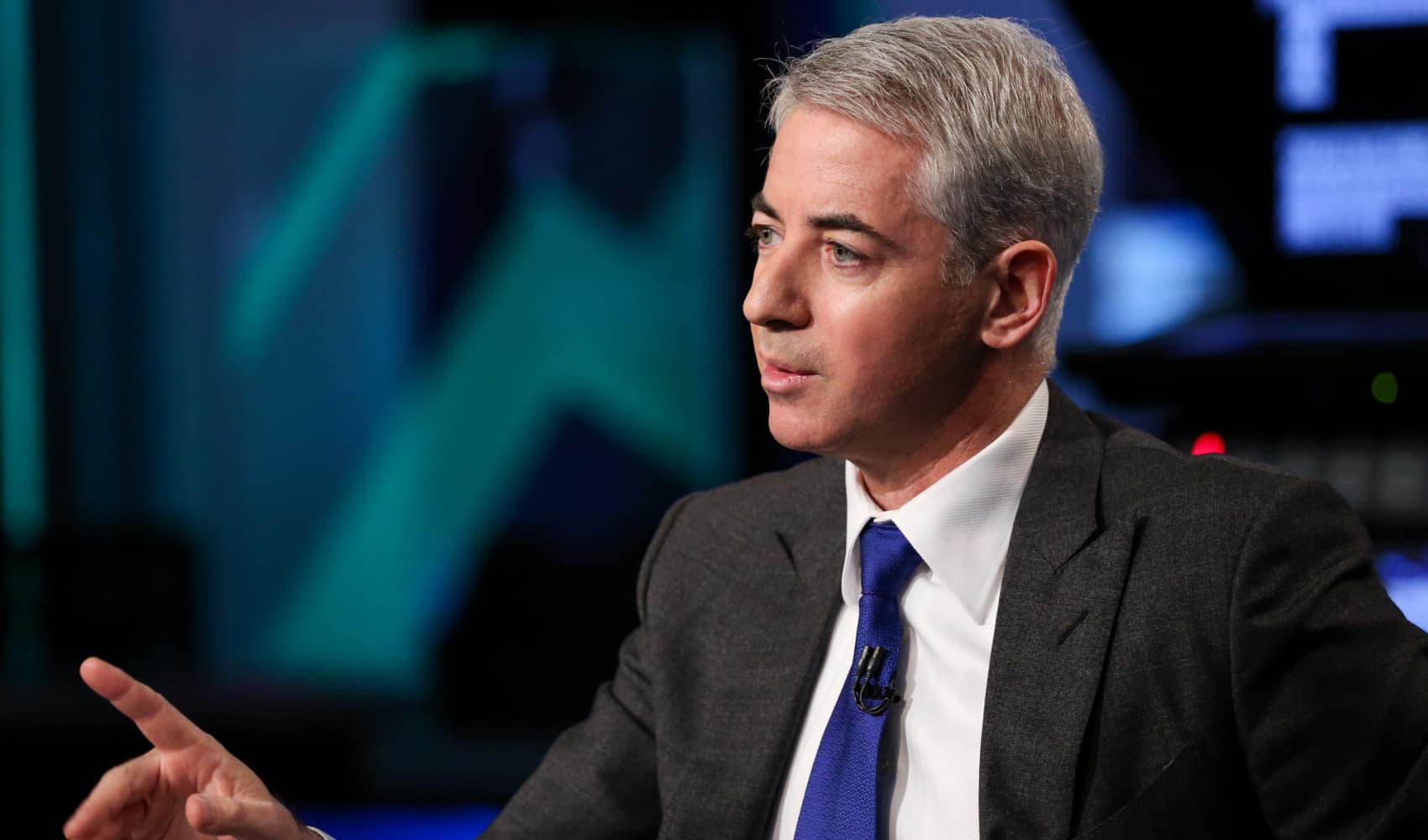
- Gold investors often view it as a way to hedge against inflation risk.
- It has a mixed track record during past inflationary periods, according to Morningstar data.
- Investors may wish to consider upping allocations to other asset classes if they're worried about inflation in the short to medium term, say financial experts.
Gold is often touted as a way to hedge against inflation — a risk that's top of mind for investors right now.
But gold hasn't lived up to the hype. Its record has been spotty, according to historical data.
An investment that hedges against inflation would generally rise along with the rapid growth in consumer prices. However, gold yielded a negative return for investors during some of the highest recent inflationary periods in the U.S.
More from Personal Finance:
The price tag to go to space with Amazon's Jeff Bezos is now at $2.8 million
Biden budget plan could improve Social Security customer service
States will start cutting off federal unemployment benefits this week
Investors worried about rising consumer prices may wish to consider other asset classes instead, according to Amy Arnott, a portfolio strategist at Morningstar.
"Gold is really not a perfect hedge," said Arnott, who analyzed the returns of various asset classes during periods of above-average inflation.
"There's no guarantee if there's a spike in inflation, gold will also generate above-average returns," she said.

For example, gold investors lost 10% on average from 1980 to 1984, when the annual inflation rate was about 6.5%, according to Arnott's analysis.
329 medal events. 32 sports. Endless drama. Catch all the action at the Paris Olympics. Sign up for our free Olympics Headlines newsletter.
Money Report
(The Federal Reserve tries to keep inflation around 2% per year.)
Similarly, gold yielded a negative 7.6% return from 1988 to 1991, a period when inflation was about 4.6%.
However, investors won big from 1973 to 1979, when the annual inflation rate averaged 8.8%. Gold returned a whopping 35%.
The mixed record suggests investors worried about inflation would be taking a gamble by using gold as a hedge in their portfolio.

Gold's correlation to inflation has been relatively low — 0.16 — over the past half century, Arnott said. (This metric shows how closely gold and inflation track together. A correlation of 0 means there's no relationship, while a correlation of 1 means they move in unison.)
"I wouldn't buy it purely because you think inflation is coming," said Michael McClary, chief investment officer at Valmark Financial Group in Akron, Ohio.
Other inflation options
Instead, investors might consider upping allocations to four asset classes: stocks, Treasury inflation-protected securities (known as TIPS), real estate investment trusts and commodities (oil, for example) as a better inflation hedge, McClary said.
Let's consider a portfolio allocated 60% to stocks and 40% to fixed income (i.e., bonds and cash-equivalent investments).
An inflation-hedged portfolio might allocate 5% to 15% of the stock bucket to REITs and commodities, McClary said. (Mutual or exchange-traded funds invest in a broad array of each.) The fixed income portion may have a 25% allocation to TIPS, he said.
These asset classes have a more consistent track record during inflationary periods than gold, according to Arnott's analysis.
For example, REITs returned 11.5%, 20.4% and 9% over 1973-79, 1980-84 and 1988-91, respectively. Commodities yielded 19.4%, 2.3% and 21% over the same time frames.
Of course, these analyses examined periods of less than five years. Gold's record over the long term — spanning several decades — is more consistent with its reputation as an inflation hedge.
"If you look at the very long term, gold should hold its value against inflation. But in any shorter period, it may or may not be a good hedge," Arnott said.
Inflation rose 4.2% in April relative to the year earlier, its fastest acceleration since 2008.
Of course, while consumer prices have risen in the short term, inflation won't necessarily have staying power. Most Wall Street economists expect it will be temporary. However, Deutsche Bank, in an out-of-consensus forecast, warned rising inflation could be a global "time bomb."
And investors may view gold as a beneficial asset class despite the inflation argument. For example, proponents often think of the asset as a safe haven during times of turmoil.
Gold proved resilient during the market rout in the early days of the Covid pandemic. The S&P 500 stock index shed 34% from its Feb. 19 high to its March 23 trough last year. The SPDR Gold Shares fund lost just 3.6% over the same time period. (These percentages are based on prices at the market close.)
Investors whose investment thesis for gold is intact regardless of inflation shouldn't necessarily change their allocation given its mixed track record, McClary said.






